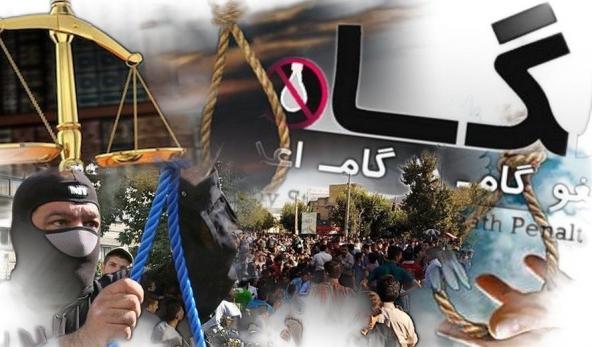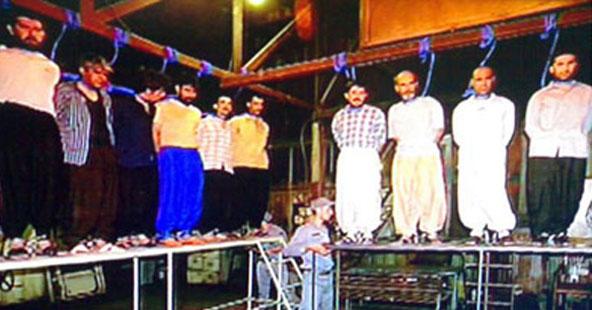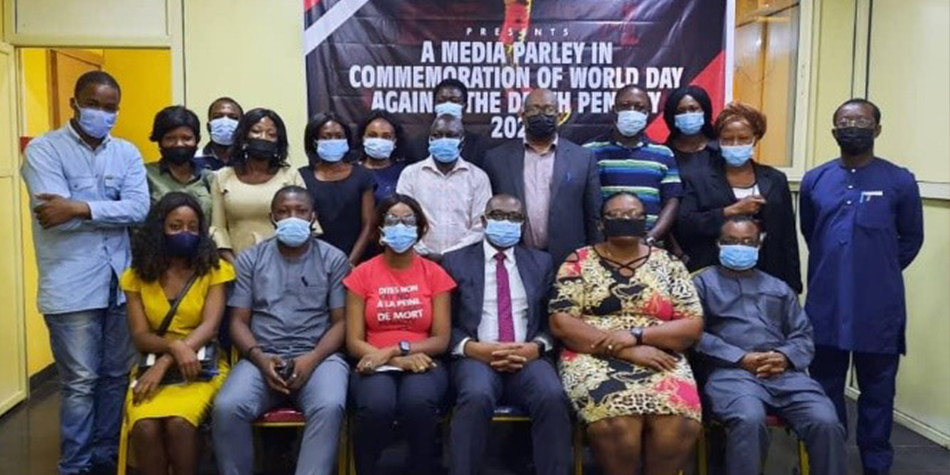Protecting vulnerable groups from the death penalty
World Congress
Nazanin Afshin-Jam is Iranian-Canadian and works for Stop Child Execution. She is an outstanding speaker, who can, in a few words, describe the tragic situation of the use of the death penalty for juveniles in Iran, a country that is growing more radical and closed every day.
She is also representing Mohammad Mostafaei, an Iranian lawyer, specialist in the struggle against the death penalty for juveniles and prevented by the Iranian authorities from leaving the country.
Ameir Mohamed Suliman comes from Sudan and works for the African Center for Justice and Peace Studies. He explains that minors face the same sentences in his country as in Iran. Under Islamic law in force in these countries, girls come of age at the age of nine and boys on reaching fifteen.
Executions of juveniles are not rare for crimes such as murder (mostly self-defense), homosexuality, sex outside marriage or drug trafficking. According to James Ellis, lawyer and professor at the University of New Mexico, this is an “atrocity”, no matter what the crime. He was one of the lawyers who obtained the ban on the execution of mentally handicapped persons in all American States at the Supreme Court.
James Welsh, Health and Human Rights Coordinator for Amnesty International, insists on the importance of the terminology.
How to treat mental illness cases, understand and discern everything that this vague term can cover? A report on a defendant established by an expert is always a double-edged sword. Isn’t the report going to make things worse? Does the prisoner understand the punishment that he is receiving? What about countries’ lack of capacity to do mental health assessments?
And once the fight against death penalty is over, the struggle will go on against inhuman treatments in jails of all detainees, especially vulnerable groups, such as juveniles, those with mental health issues and even women.
Nevertheless, “I am still optimistic,” declared James Welsh.
Roundtable on wednesday february 24Protecting vulnerable groups from the death penalty : juveniles and those with mental health issues.







